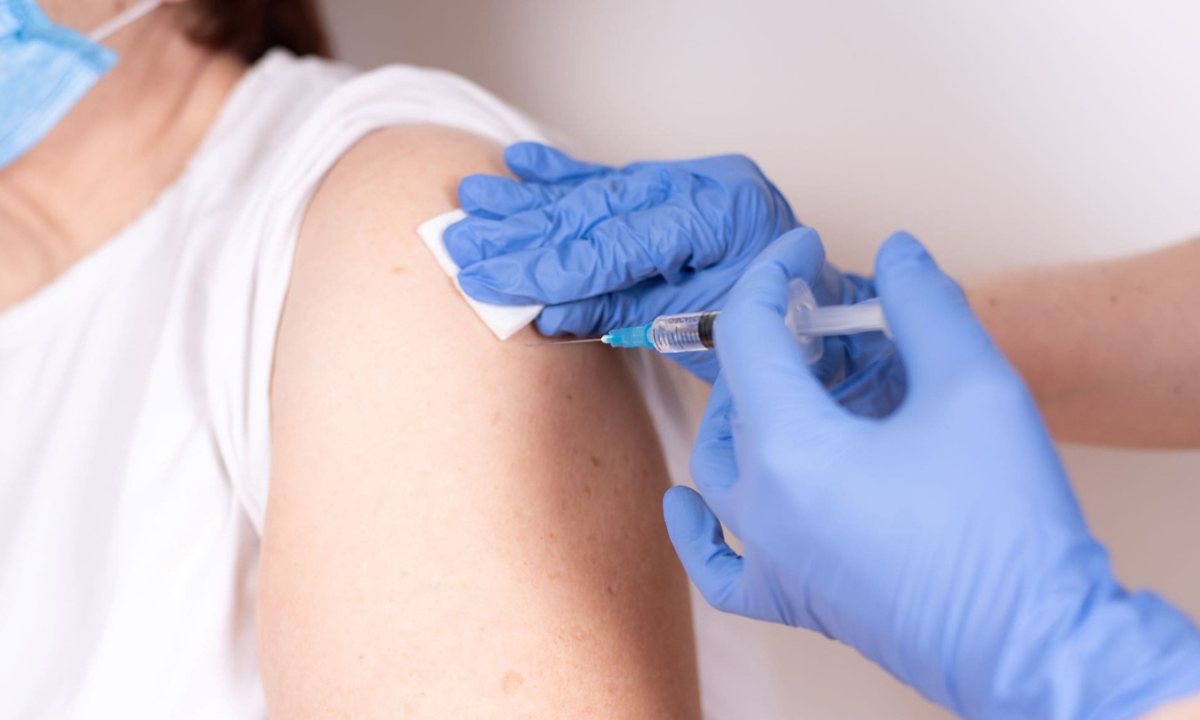Can Vaccines Help Prevent Cancer?

Cancer is a complex disease with many causes, including genetics, lifestyle factors, and environmental exposure. In recent years, another factor has gained attention: certain viral infections. Medical science now recognizes that some viruses can lead to cancer development. As a result, vaccines that protect against these infections have emerged as a powerful tool in cancer prevention.
How Viruses Contribute to Cancer
When viruses stay in the body for long periods, they can disrupt normal cell functions. This disruption may lead to uncontrolled cell growth—a key feature of cancer. Some viruses even insert their genetic material into human cells, increasing the chances of harmful mutations.
Among the most well-known cancer-causing viruses are Human Papillomavirus (HPV) and Hepatitis B virus (HBV). HPV is associated with several types of cancers, including those affecting the cervix, throat, and genital regions. HBV, on the other hand, is strongly linked to chronic liver inflammation and liver cancer.
The Role of Preventive Vaccination
Vaccines targeting these viruses work by stimulating the immune system to fight off infection before it can cause damage. The HPV vaccine, when given during adolescence, can dramatically lower the risk of developing cervical and other HPV-related cancers later in life. Similarly, the Hepatitis B vaccine protects against liver infections that may eventually lead to cancer, particularly in regions where HBV is common.
These preventive vaccines are safe, widely available, and have already made a significant impact in reducing cancer rates globally. Continued education and access to these vaccines remain essential for expanding their benefits.
Conclusion
Vaccines are not just for preventing infections—they are also an important part of reducing cancer risk. By stopping viruses known to trigger cancer, these vaccines help build a stronger, healthier future. For trusted preventive care and expert medical advice, KKR Hospital offers personalized services aimed at safeguarding long-term health through early intervention.
